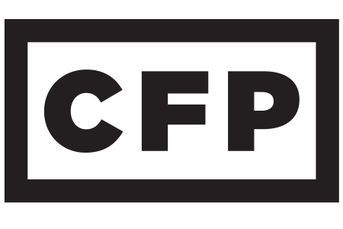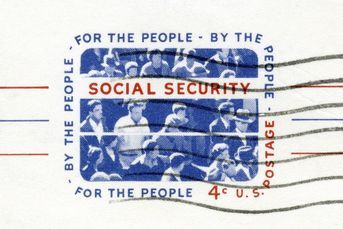It’s time to speak up about sexual harassment in the workplace
We are kidding ourselves if we think it doesn't happen in the financial advice profession, if we think we are somehow different from testosterone-driven Hollywood, the technology industry or even the broader financial services industry.
In the wake of the Harvey Weinstein scandal, tens of thousands of women — and some men — have started sharing their stories of sexual abuse and harassment under the #metoo hashtag.
Men account for 84.3% of the financial adviser community, according to recent estimates from Cerulli Associates. So it’s not surprising that our profession has said little — and done even less — to address inappropriate sexual behavior and discrimination in the workplace.
But we are kidding ourselves if we think it doesn’t happen — if we think we are somehow different from testosterone-driven Hollywood, the technology industry or even the broader financial services industry. We are not.
Women who work in the financial advice business face sexual harassment and discrimination at the hands of their male colleagues. Like it or not, that was a fact 20 years ago, and it remains a fact today.
Remember the infamous “boom-boom room,” in which male brokers at a Long Island branch office of Smith Barney in the 1990s partied and subjected female co-workers to lewd and lascivious antics?
The activities at Smith Barney led to an explosive class-action lawsuit joined by nearly 2,000 women alleging widespread sexual harassment and pay discrimination at the firm. Smith Barney Inc. paid $150 million in arbitration awards and settlements in the case.
The case spawned a similar class-action lawsuit filed by women brokers at Merrill Lynch in the 1990s.
It also led Smith Barney, and other financial services firms, to establish anti-harassment policies, training programs and employee hotlines in an effort to ameliorate the situation.
Today, those policies, programs and hotlines are still in place. But sexual harassment against women in financial advice and the broader financial services industry still runs rampant.
In June, a former Morgan Stanley financial adviser who worked at a Santa Monica, Calif., branch, sued her ex-employer, alleging she was fired for complaining about sexual harassment that included one manager asking her to send him sexually explicit photographs of herself. In her complaint, the broker accused Morgan Stanley of fostering a “sexually-charged and hostile” work environment.
Fidelity Investments, the Boston-based mutual fund giant, recently dismissed two longtime portfolio managers after harassment claims were made against them.
Sexual harassment is not about sex. It is about power.
Until women comprise 50% of the financial adviser population, until they are fairly represented in leadership roles and until their pay is equal to that of their male counterparts, they will continue to face harassment and discrimination in the financial advice profession.
If the scandal involving Harvey Weinstein makes one thing clear, it’s this: A culture of sexual harassment and discrimination does not happen in a vacuum. Mr. Weinstein’s despicable actions were enabled by personal assistants, acquaintances and close friends.
If you see something, say something. It’s time to start speaking up. It’s time to make clear to perpetrators — and the companies that employ them — that their behavior is not acceptable and will not be tolerated.
The XY Planning Network, a group of fee-only advisers who work with Gen X and Gen Y clients, kicked off its annual conference in Dallas in September by introducing a new code of conduct that explicitly prohibits any form of discrimination or harassment. “Sexual language and imagery is not appropriate for any conference venue, including talks, workshops, parties, Twitter or other online media,” the code of conduct read.
The event included a function on its app that facilitated the reporting of inappropriate conduct. The heads of the network promised attendees that violators of the policy would be expelled from the conference and banned from future events.
That is the kind of aggressive, zero-tolerance policy-making that is called for when dealing with sexual harassment, whether overt or covert.
Sexual harassment happens. It happens in every profession, including financial advice. It’s time to put words to the crime and take action to ensure that those who commit the crime face consequences. #metoofinancialadvice
Learn more about reprints and licensing for this article.








